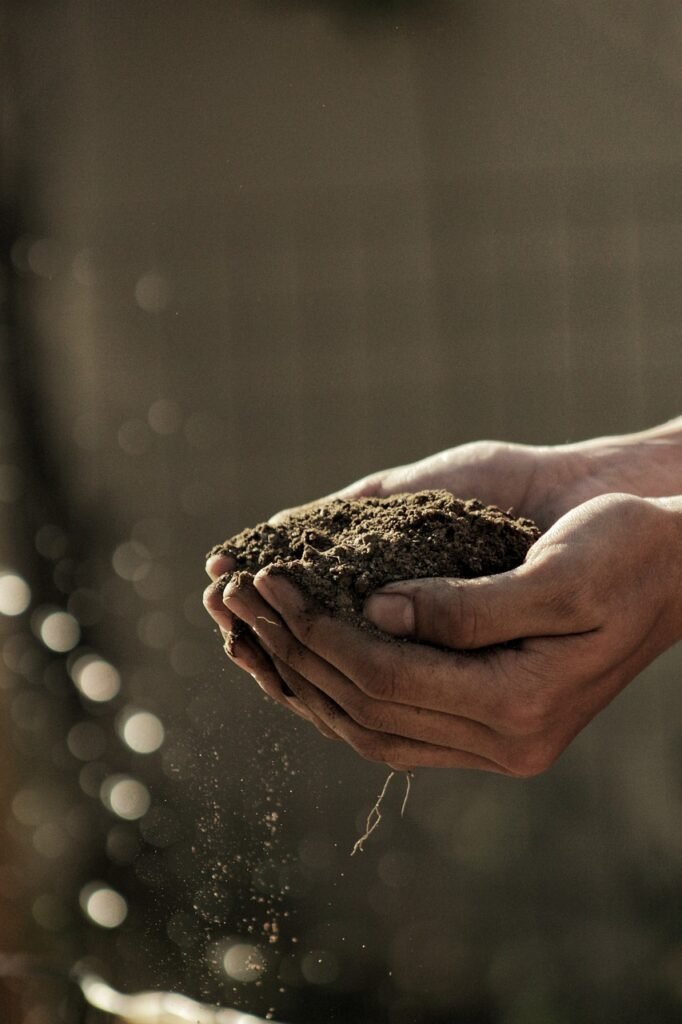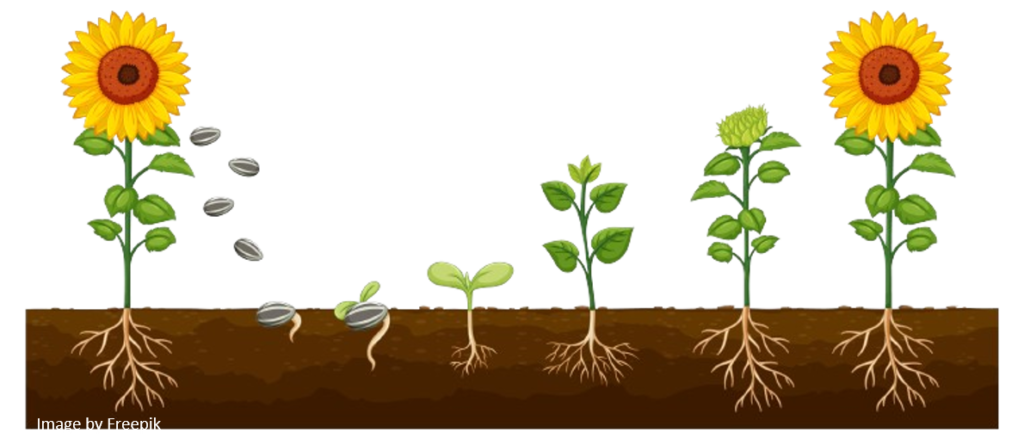Soil Fertility & productivity
Soil Fertility: Soil fertility is the ability of the soil to provide all essential plant nutrients in available forms and in a suitable balance.
Soil productivity: The capability of soil to produce specified crop yield under well-defined and specified systems of management of inputs and environmental conditions.

Factors Governing Soil Fert ility

A. Natural factors:-
1. Parent material:- Fertility of a soil depends on the chemical composition of parent material from which it derived.
2. Topography :- Soils on the upper slope are less fertile than the soils on lower slope because high leaching and erosion on upper slope.
3. Climate:- In tropical climate decomposition of organic matter is faster than temperate climate. Thus soils of tropical regions are less fertile when compared to temperate region.
4. Depth of Soil Profile:- Deep soils are more fertile than the shallow soils and the roots are spread well enough in deep soils than the shallow soils.
5. Physical Condition of Soil:- The soil texture and soil structure influence the soil fertility.
6. Soil Age:- New soil is more fertile and good in structure than old soil because regular consumption of nutrient and degradation of soil structure by vegetation.
7. Soil Erosion:- With soil erosion, the top layer of soil is worn away due to factors such as water, wind and tillage of farmland, its lead to less fertility and poor structure.
8. Nutrient status in Soil.
B. Artificial Factors:-
1. Waterlogging
2. Cropping System
3. Soil pH
4. Soil Microorganisms
5. Organic matter content in Soil
6. Method and time of ploughing



